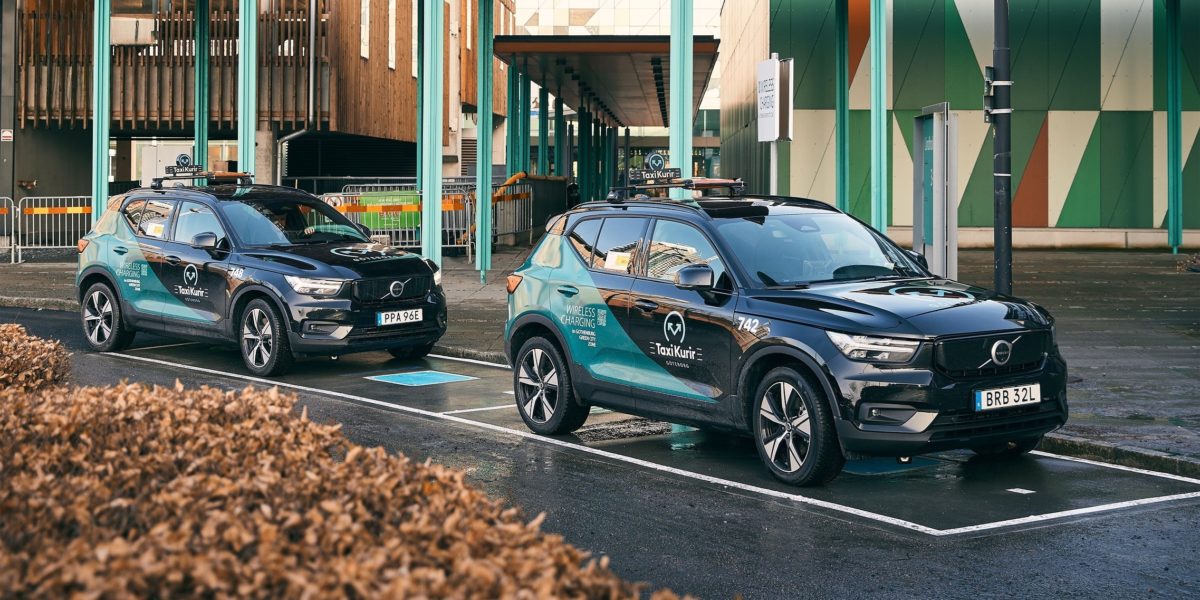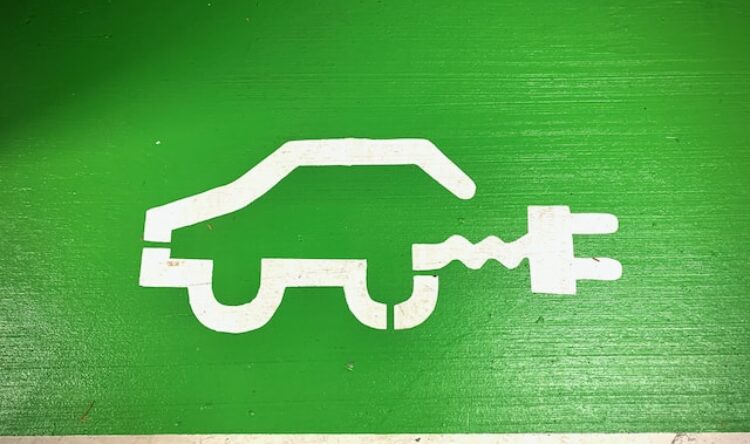Wireless car charging trials
Technology that charges EVs without having to plug in
New trials have begun of wireless electric vehicle (EV) charging in Sweden.
Volvo Cars is integrating and testing the new wireless charging technology in a live city environment. The aim is to evaluate its real world potential for all EVs.
The three-year project will charge a small fleet of fully electric Volvos used as taxis. All this is taking place in Gothenburg, Sweden.
Going green
Gothenburg is undertaking many projects outlined in its strategic Green City Zone initiative. It provides designated areas within the city for use as live test beds for the development of sustainable technologies.
It means that the technological developments can be tested “in a real environment”. Evaluation and the development is more efficient bringing forward “a potential future broader introduction,” says Mats Moberg, Head of Research and Development at Volvo Cars.
Real life practicality
Charging starts automatically when a compatible vehicle parks over a charging pad embedded in the street. No additional cables are needed, while drivers do not even have to get out of their vehicles. Potentially, it’s a mini revolution within the greater global switch to more environmentally friendly fuels and transport solutions.
Rather like a giant version of wirless phone charging, the stations send energy through a charging pad. This is then picked up by a receiver unit underneath the car. Drivers can easily easily align the car with the charging pad using 360-degree camera system.
Charging speeds are around four times faster than a wired 11kW AC charger and almost as fast as a wired 50kW DC fast charger.
Ensuring a safer future
These test cars will drive 12 hours a day, covering around 100,000km per year. All this will ensure a thorough testing of both contactless charging and EV durability, and practical commercial viability. This is the best way to speed up the introduction of new technologies for widespread usage.
Last year, Volvo Cars took part in launching the Gothenburg Green City Zone initiative. The aims are to achieve emission-free transport by 2030. Using a real city as a testing ground enables the company to accelerate development of technologies and services. Electrification, shared mobility, autonomous driving, connectivity and safety are the key project areas.






